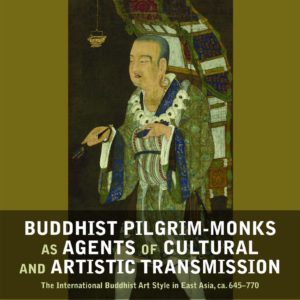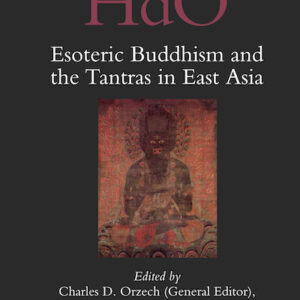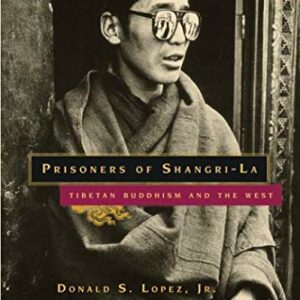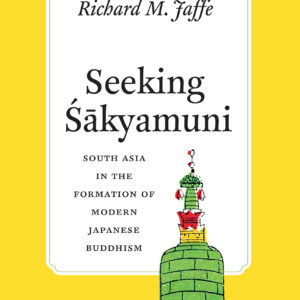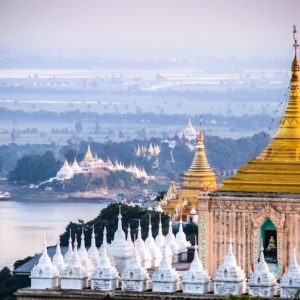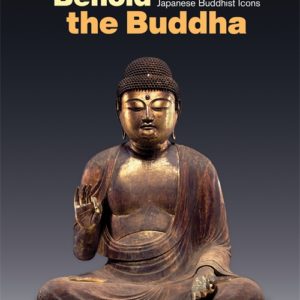
Behold the Buddha: Religious Meanings of Japanese Buddhist Icons
By James C. Dobbins (NHC Fellow, 2006–07) Images of the Buddha are everywhere—not just in temples but also in museums and homes and online—but what these images mean largely depends on the background and circumstance of those viewing them. In Behold the Buddha, James Dobbins invites readers to imagine how premodern Japanese Buddhists understood and experienced icons … Continued
